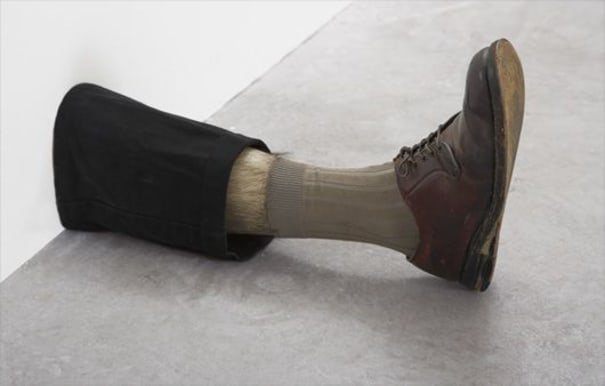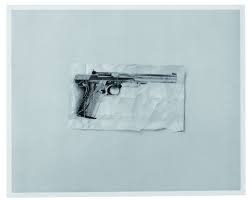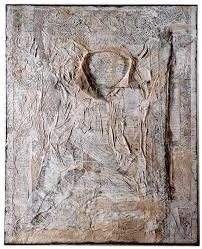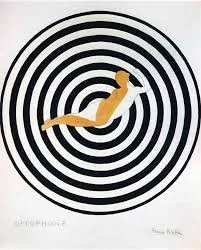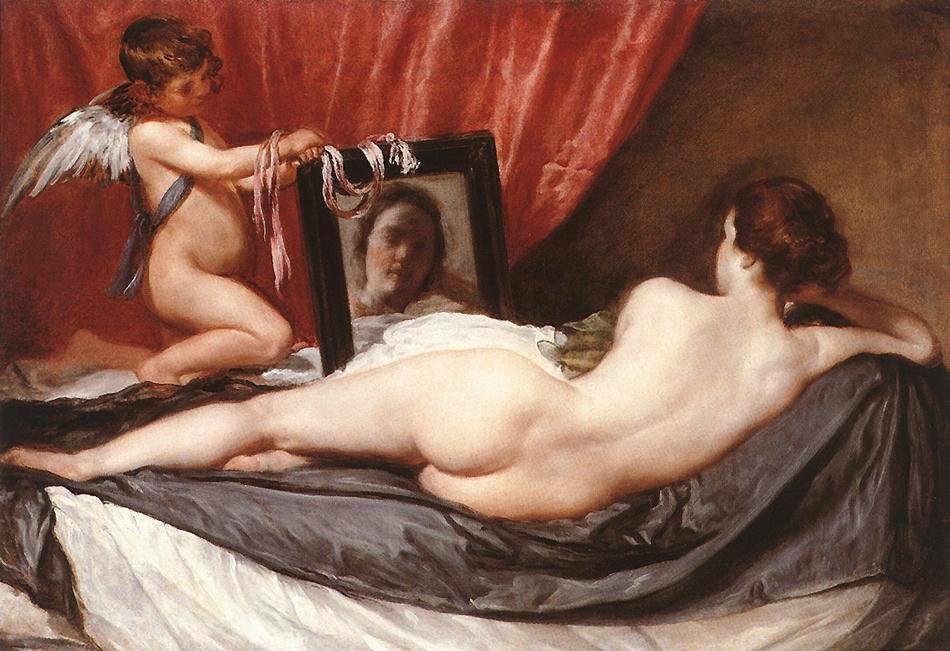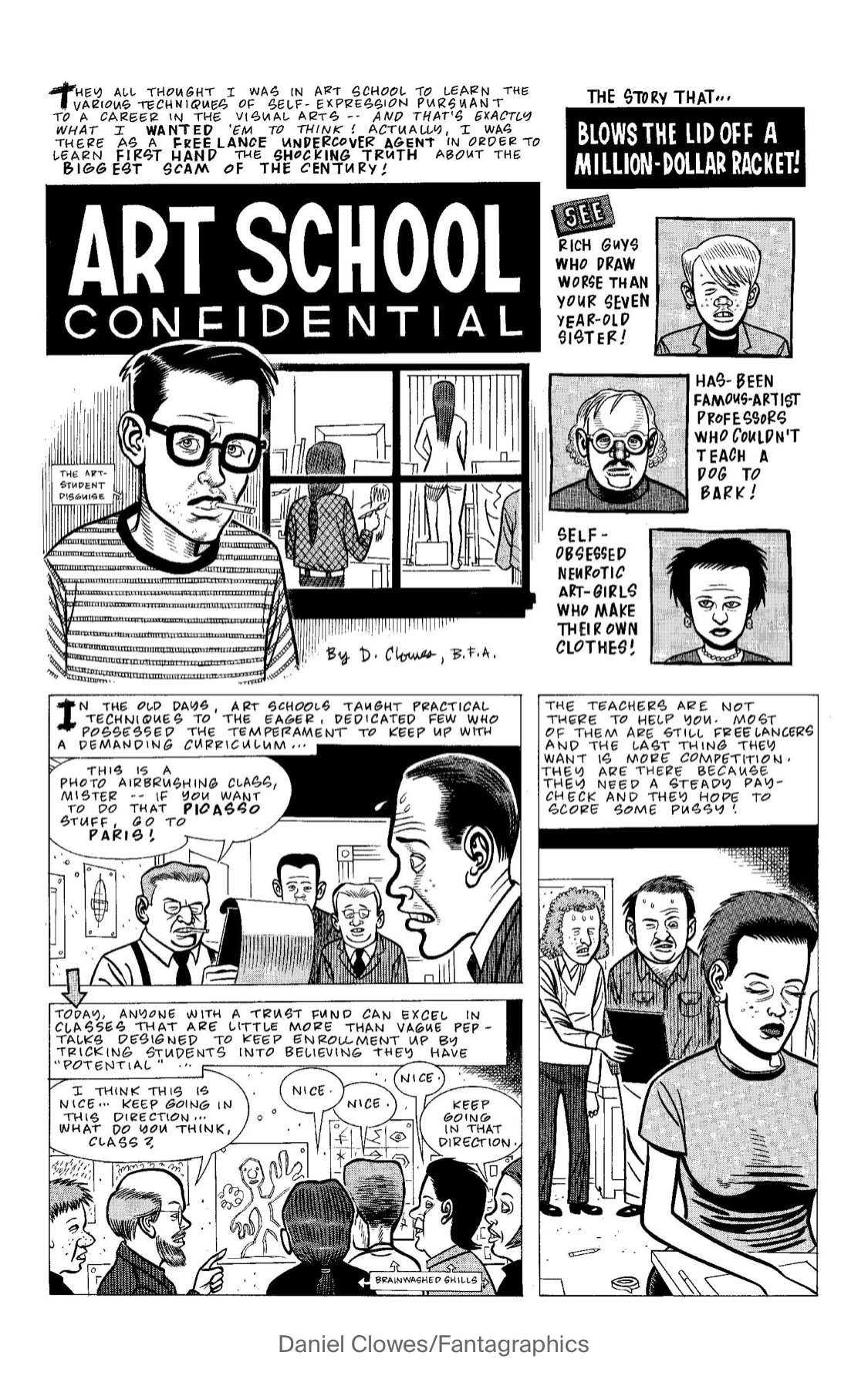Elegy for the nobodies nobody knows
What attempts to convince you it loves you by pandering to you does you harm. It teaches you that you are so weak that what does not pander to you—does not obscure difficulty, disagreement and boredom—is to be reviled and punished.
G Jackson, in The Proleptic Line
The meaning of the start of Christendom + the weight of the frankincense + what Blake’s chimney sweeps saw when they closed their eyes to sleep = something akin to this recognition that this moment in its monstrous immediacy is just as much what history is made of as anything ever was or ever will be.
John used a pictorial syntax to pose abstract philosophical questions about meaning and certainty; he was a doubter, mistrustful of absolutes. His work could be puzzling or even obscure, but as he got older, John’s background as a painter reasserted itself, and his work became more visually lush.
D Salle, in Not Dionysius

